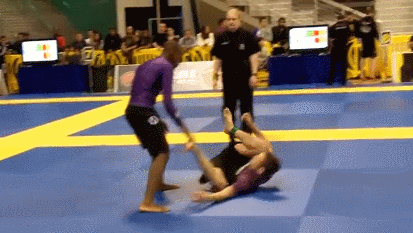anerlich
Brown Belt
Just a note on that last part - that depends a lot on the instructor. I know instructors who don't like students to question them until they get to advanced student ranks. I like questions from my students - even the challenging ones - because 1) it tells me THAT they are thinking, 2) it tells me WHAT they are thinking, and 3) it gets me thinking.
I've only really spent time with two instructors, out of dozens I've taken classes with, who did not welcome intelligent questions.
A Jiu Jitsu instructor (perhaps Dave Camarillo?) said in a podcast something like:
It's OK to ask the instructor technical (how-to) questions about a technique he/she is showing straight away and at any time thereafter.
But don't QUESTION a technique (as in be critical or look for reasons why and places where it won't work, or try to improve it) until you've spent a reasonable amount of time trying to make it work.
Quite a few Jiu Jitsu instructors (myself included) don't like to teach counters to particular techniques until the student base has a reasonable facility with the technique itself. It's hard to learn a technique well in rolling if the other guy is always countering it. Conversely, if no one in the class learns the first technique really well because they are always getting countered, the counters don't have to be developed to a high degree. So the gym entire ends up with a wishy washy technical base. Not what we want.
Last edited:

